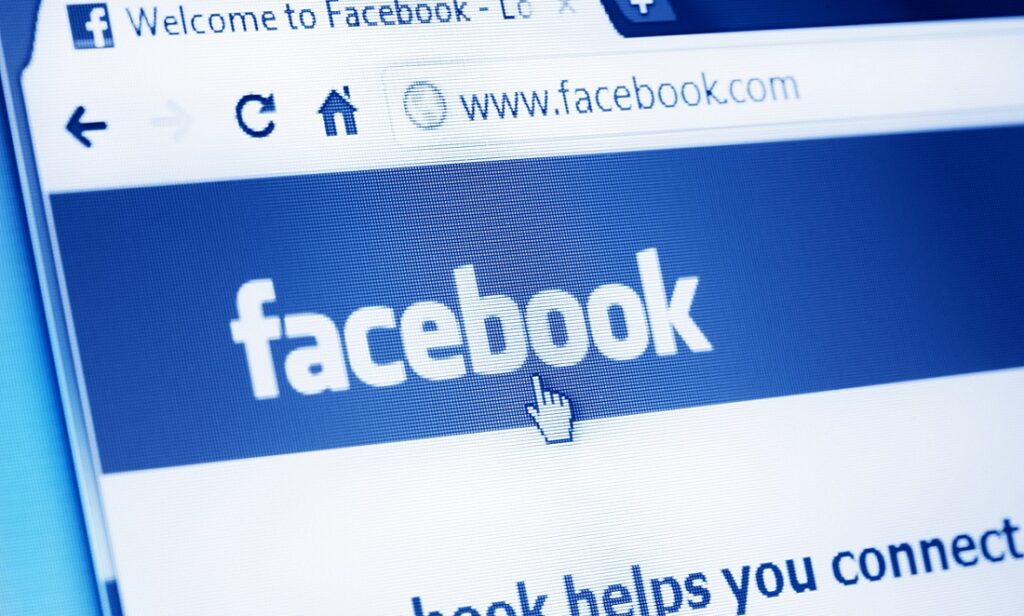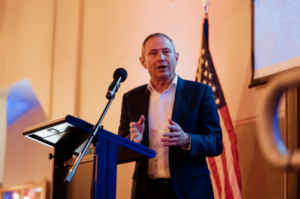Back in 2006, Myspace was all the rage with teens. Facebook was barely 2 years old and still only available to students. Social media had not yet gone mainstream and was still seen as a thing for young people. So much so, in fact, that there was a moral panic about young people and what they were sharing online.
They were sharing too much, didn’t care about their privacy or safety and, as a result, were exposing themselves to online predators. The moral panic reached such a fervour in the US that two wide-ranging Bills were proposed that would have locked down large parts of the internet for many young people, including educational websites.
Now, more than 10 years later, everyone is using social media. And everyone could potentially be accused of all the same things levelled at young people a decade earlier. What was actually going on was that young people were simply the early adopters of social media.
And the concern about online predators? Well, even the latest stats still show that the vast majority of paedophiles (94% in Australia) abuse children known to them rather than children online.
So while we have at least resolved that privacy issues are a bit more complicated than teens simply acting out because they’re teens, we haven’t really resolved the privacy issues at all. In fact, they’ve gotten even more complicated.
Facebook Messenger for 6-year-olds
A sign of this complication is Facebook’s recent launch of their new Messenger Kids, designed to be used by kids as young as 6 with the permission of their parents.
And, as per usual, when Facebook launches a new product or feature that challenges privacy norms, there was a massive outcry. Some commentators even described the app as cigarettes for kids.
Now the concern is not online predators but health issues. And fair enough, given that the research is linking social media to all sorts of physical and mental health problems in kids, teens and adults.
But just like the 2006 moral panic, one of the key threats to young people has been almost entirely missed.
It’s not online predators we need to be concerned about. And it’s not just health issues either. It’s setting our kids up for nearly an entire lifetime of surveillance by a third party, without anyone really knowing the implications.

It’s setting our kids up for nearly an entire lifetime of surveillance by a third party, without anyone really knowing the implications.
Beyond stranger danger
So far, as a result of child protection laws, young children (under the age of 13) have been generally discouraged from using social media. Sure, sharenting is already a thing, with babies already having a digital footprint years before they get their own Facebook accounts. But Messenger Kids is unprecedented. Never before in history has there been such a wide-scale, concerted effort by a company to record and analyse the interactions of young children.
Put another way, imagine if, from the age of 6, many of your interactions with your friends or family had been recorded by a third party for uses that may not even exist yet. Would you be OK with this as an adult? Would your child?
How will it be used? How will the data be protected from hackers? Even for adults, the answers to these questions are not entirely clear or straightforward.
A lifetime under the microscope
According to the Messenger Kids privacy policy, Facebook will collect, store and analyse the following:
- The child’s personal information, including full name, birthday and gender.
- All of the child’s communication and shared content.
- The child’s activity on the app, including length of use and what features are used and how.
- Information about the child’s contacts, including who the child talks to and how they talk to them, for example, who they engage with the most.
- Information about the device the child is using, including type of operating system, time zone and language.
Despite this, many news stories are reporting that Facebook won’t collect any data for marketing purposes so as to comply with American laws about data collection of children under 13.
But the Messenger Kids privacy policy doesn’t say how the data will then be used once a child turns 13 and is no longer protected by the law. Then it’s fair game for the data collected to be used for marketing purposes. Indeed, there is already speculation that’s how Facebook will monetise the data.
Remember, like Facebook itself, Messenger Kids is a free service. Facebook is not a charity or non-profit, nor is it a public service. Both are offered freely to users, because we are the product, not the service. We are paying with our privacy and now with that of our children’s privacy.
Can 6-year-olds really consent? Can they really understand the possible consequences? Do we as adults even understand these consequences, as each year, the amount of data collected and the sophistication of its analysis continues to increase?
These issues are something we are only now coming to terms with for adults. We should probably get that sorted before getting our kids involved.









